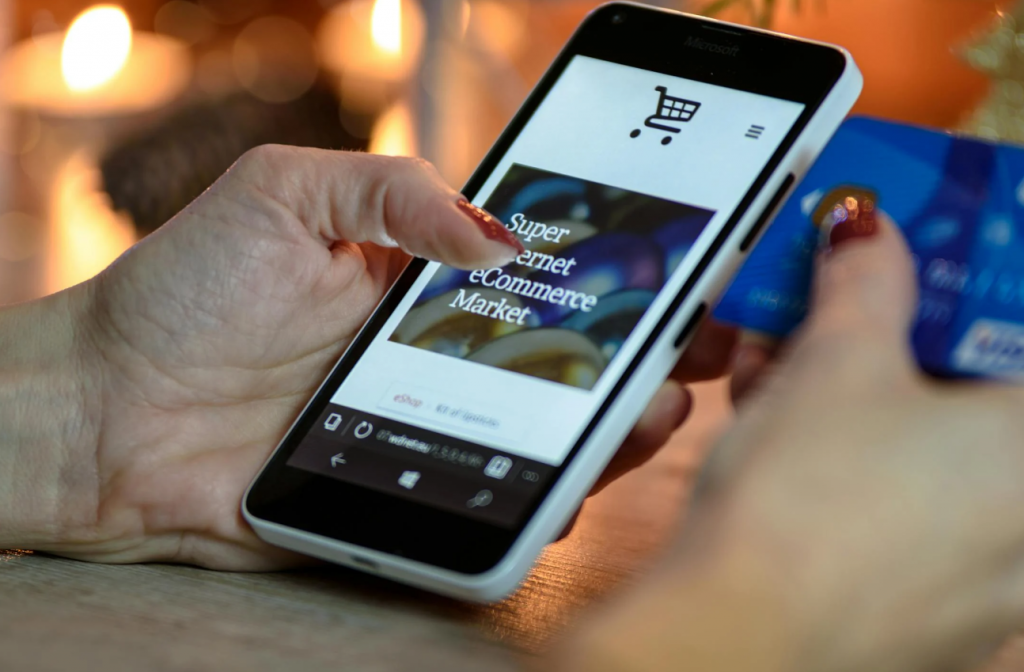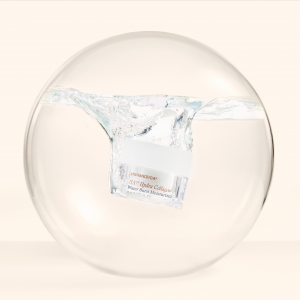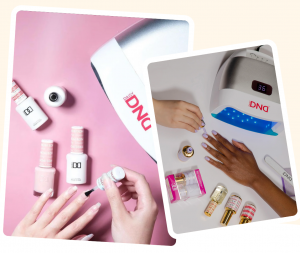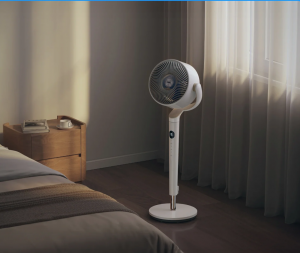
Understanding Impulse Buying
What Is Impulse Buying?
Impulse buying is an unplanned purchase made on the spur of the moment. It often occurs when you’re out shopping and see something that catches your eye, leading you to buy it without considering whether you really need it.
Why Do We Make Impulse Purchases?
Impulse purchases happen due to various reasons, including psychological triggers and emotional factors. Understanding these can help you curb the habit.
Psychological Triggers
Our brains are wired to seek instant gratification, making it easy to give in to impulse buys. Retailers take advantage of this by creating attractive displays and offering limited-time offers.
Emotional Factors
Emotions play a significant role in impulse buying. Shopping can serve as a way to cope with stress, boredom, or sadness, leading to unplanned purchases.
Strategies to Avoid Impulse Buying
Make a Shopping List
One of the best ways to avoid impulse buys is to make a shopping list before you go out. Stick to the items on your list to avoid buying unnecessary things.

Set a Budget
Creating a budget for your shopping trips can help you manage your spending.
Stick to Your Budget
Once you’ve set a budget, make sure to stick to it. Avoid the temptation to overspend by focusing on your financial goals.
Use Cash Instead of Cards
Using cash instead of credit or debit cards can help you control your spending. It’s easier to track how much you’re spending when you use physical money.
Wait Before You Buy
Implementing a waiting period before making a purchase can help you decide if you really need the item.
The 24-Hour Rule
The 24-hour rule involves waiting a day before making a purchase. This gives you time to think about whether you really need the item.
Create a Wishlist
Instead of buying on impulse, add items to a wishlist. This allows you to prioritize your purchases and avoid unnecessary spending.
Understand Your Triggers
Recognizing what triggers your impulse buying can help you avoid it.
Identify Emotional Spending
Notice if you’re shopping to deal with emotions like stress or boredom. Finding healthier ways to cope can reduce impulse buys.
Avoid Shopping When Emotional
Try to avoid shopping when you’re feeling emotional. This can help you make more rational decisions.
Shop with a Purpose
Going shopping with a specific purpose in mind can help you avoid impulse purchases.
Plan Your Shopping Trips
Plan your shopping trips in advance. Know what you need to buy and where to get it, so you can avoid browsing aimlessly.
Avoid Browsing
Browsing can lead to impulse purchases. Stick to your shopping list and avoid looking at other items.
Tips for Smart Shopping
Compare Prices
Always compare prices before making a purchase. This ensures you’re getting the best deal.
Look for Discounts and Deals
Taking advantage of discounts and deals can help you save money.
Use Coupons and Promo Codes
Before making a purchase, check if there are any coupons or promo codes available.
Shop During Sales
Shopping during sales can help you get the items you need at a lower price.
Read Reviews
Reading reviews can help you make informed decisions about your purchases.

Check Multiple Sources
Look at reviews from multiple sources to get a balanced view of the product.
Consider Product Ratings
Product ratings can give you an idea of the quality of the item you’re buying.
Buy Quality Over Quantity
Investing in quality items can save you money in the long run.
Invest in Durable Items
Durable items last longer and provide better value for your money.
Avoid Cheap Alternatives
Cheap alternatives may seem like a good deal, but they often don’t last as long as quality items.
Conclusion
By understanding the reasons behind impulse buying and implementing strategies to avoid it, you can shop smarter and save money. Planning your purchases, setting a budget, and recognizing your triggers are key steps to becoming a savvy shopper.
FAQs
How can I stop impulse buying?
To stop impulse buying, make a shopping list, set a budget, and stick to it. Avoid shopping when emotional and use cash instead of cards.
What are the common triggers for impulse purchases?
Common triggers include emotional factors like stress or boredom, as well as psychological triggers like attractive displays and limited-time offers.
How does making a shopping list help?
A shopping list helps you focus on what you need, reducing the likelihood of buying unnecessary items.
Why is it better to use cash instead of cards?
Using cash makes it easier to track your spending and stick to your budget, as you can physically see how much you’re spending.
What should I do if I feel the urge to impulse buy?
If you feel the urge to impulse buy, implement the 24-hour rule, add the item to a wishlist, or distract yourself with another activity.





